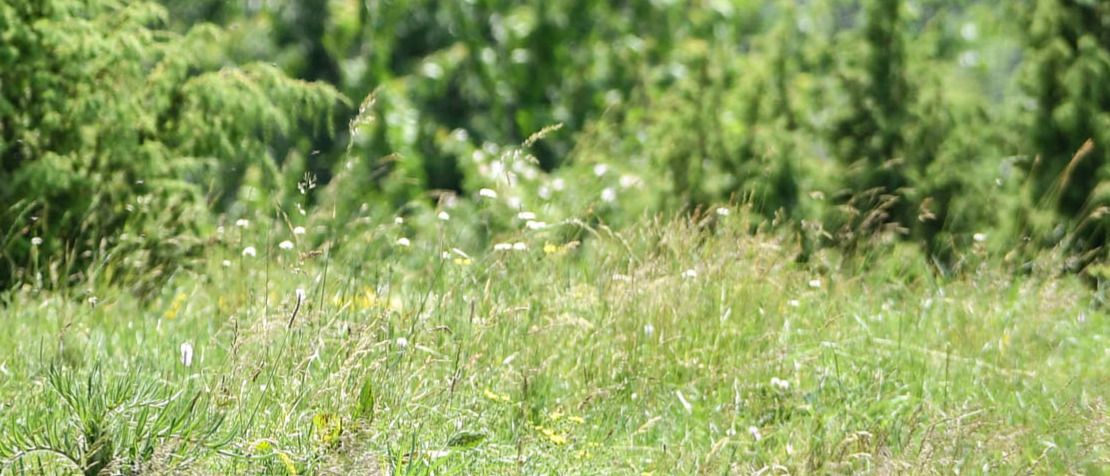Sowing the seeds of change: Montenegro modernizes smallholder feed production one experiment at a time

©EBRD/FAO Dermot Doorly
Inadequate use of good agricultural practices and lack of awareness of best practices in livestock production pose major challenges in the agricultural sector of Montenegro, hampering economic growth and farmers’ livelihoods. Safe and sustainable feeding practices play a vital role in trade, income generation, and economic stability, as well as enhancing food security; feed safety is recognized as a shared value and responsibility among actors along the market chain.
The Food and Agriculture Organization of the United Nations (FAO), through a Technical Cooperation Programme (TCP), is ready to provide Montenegro with the tools needed to modernize its feed methods and accelerate the livestock sector: new types of seeds, fertilizer, expert knowledge and reinforcing the power of community, all of which are important in empowering smallholders and gearing up the agricultural sector, scaling up production, and supporting the country’s accession process to the European Union (EU).
Within the framework of this initiative, an FAO mission to the country visited newly established Farmer Field School (FFS) sites in April 2025, supporting the establishment of 19 new demonstration plots, covering 18 hectares across four municipalities. Farmers have planted a variety of seeds with high biological value for animal feed production – such as alfalfa – supplied by FAO. In addition to the technical support, the project is set to facilitate a supportive, more resilient farming community, one that encourages sharing knowledge and resources, incorporating the FFS approach. In line with this goal, FAO also engaged various experts from academia and technical fields to conduct information sessions for smallholders on topics such as animal nutrition, hygiene and reproduction. These sessions were tailored to respond specifically to the community’s issues and needs.
The foundation of the Farmer Field School approach is people-centred learning. It utilizes field-based participatory methods, where farmers come together on a regular basis to study a specific subject. This includes practical field exercises where direct observation, open discussions and learning by doing are emphasized, all of which contributes to better-informed decision-making. This approach targets long-term, sustainable growth, one that prioritizes building and maintaining a strong community, and fostering an abundance mindset, ready to try new avenues and experiment. Taking a leap by sowing new types of seeds that have a higher biological value, facilitates better market access for smallholders in Montenegro, as it will result in higher volume, and therefore more sustainable, production.
“The benefit of Farmer Field Schools is that it allows farmers, as a community, to experiment with new techniques and practices in an environment free of risk,” explained Tibor Szücs, FAO livestock production specialist, who also took part in the mission. “FAO’s role is to listen to the needs and concerns, facilitate dialogue between relevant stakeholders, and, once a solution is outlined from within the community, provide the necessary support, both monetary and technical, as well as encouragement to try new practices”.
One step closer to EU accession
Aligned with European Union accession goals, the Government of Montenegro is undertaking agricultural reforms to harmonize its practices with European Union regulations, including the adoption of good farming techniques. The livestock sector in particular faces multiple issues, including in community development and the use of outdated methods in production. Building on the successes and lessons learned during previous interventions, this FAO project promotes long-term, sustainable solutions, with the capacity to spill over to other areas. Beyond technical tools and methods, it has the potential to change mindsets, which are key in addressing the broad spectrum of challenges faced by smallholder farmers in their efforts to prepare for the European Union accession in 2028.
